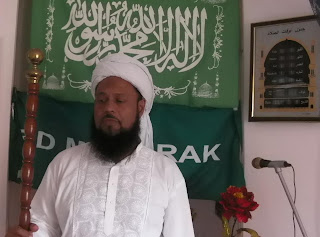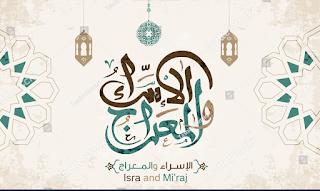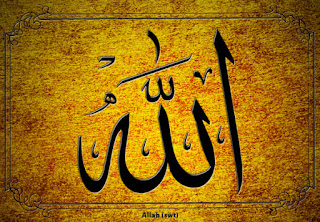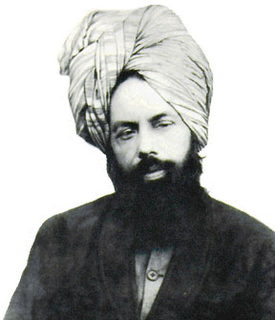Ghibbat…
Some Hadiths: Part- IV
By
the grace of Allah, I continue the subject of my Friday sermon on
“Ghibbat”
- backbiting, thinking badly of a person, being jealous of him, and
seeking to harm him only for the purpose of having the satisfaction
of seeing others spit on him and dishonour him.
This
is a subject that must be developed again and again for the education
of all people in general and especially for our members of the Jamaat
Ul Sahih Al Islam. If you analyze this subject in depth, you will
also find that in our society that we are living today, there are
problems between brothers where you see a brother humiliating his own
brother, whereby he takes him as an inferior person. If someone knows
his own person well, then he would never consider others to be
inferior. Hazrat Massih Ma’ud (as) explained this in this way, that
you need to implant in your thoughts the idea that you are worse than
others, and thus you will see how, Insha-Allah
this remedy will actually work.
On
top of that, Hazrat Muhammad (pbuh) said that a person should not
consider someone else as inferior, because when you analyze your own
being, you will find that it is you who are inferior, and if you have
some honour it is just because Allah is doing Pardah
Poshi with you. If you have
any status, any rank, any knowledge, any intelligence, or you have
money, beauty, lots of children etc., then, it’s just by the grace
and blessing of Allah.
When
someone understands this well, then when he sees someone who is
inferior to him, he will be ashamed and shall not consider him as a
lowly person, and this is a reality whereby when you sees the other
person, and you think that despite his difficult situation he is more
advanced than you in the field of sacrifice, sincerity and striving
to spread the Deen-e-Islam,
etc. So, you are ashamed, and you seek divine forgiveness and you
never again dare to consider him as an inferior being [of low
status].




















